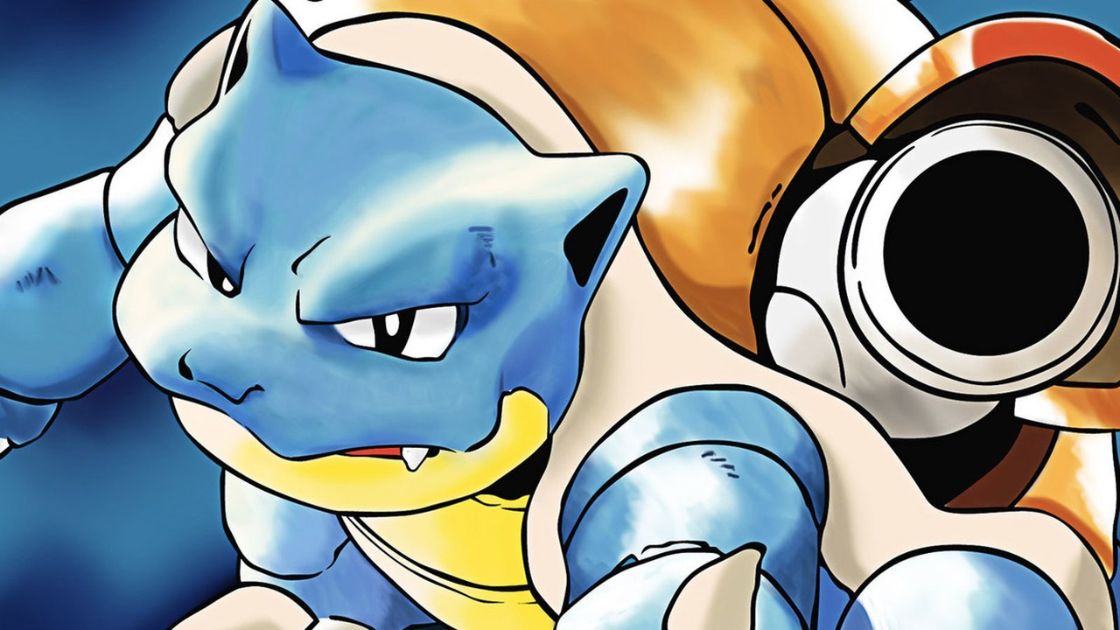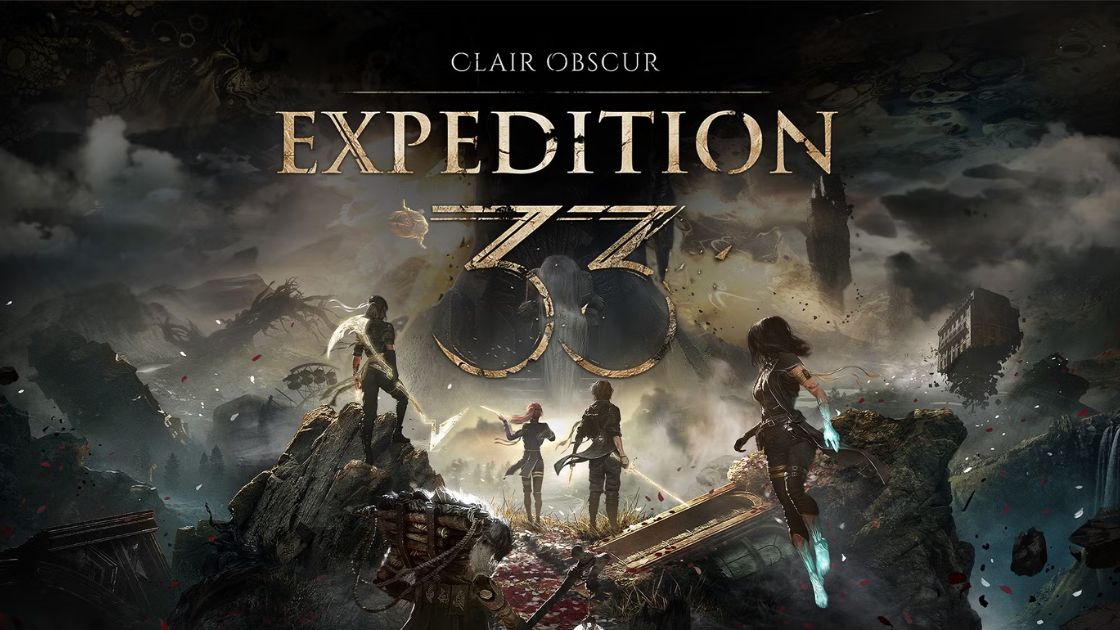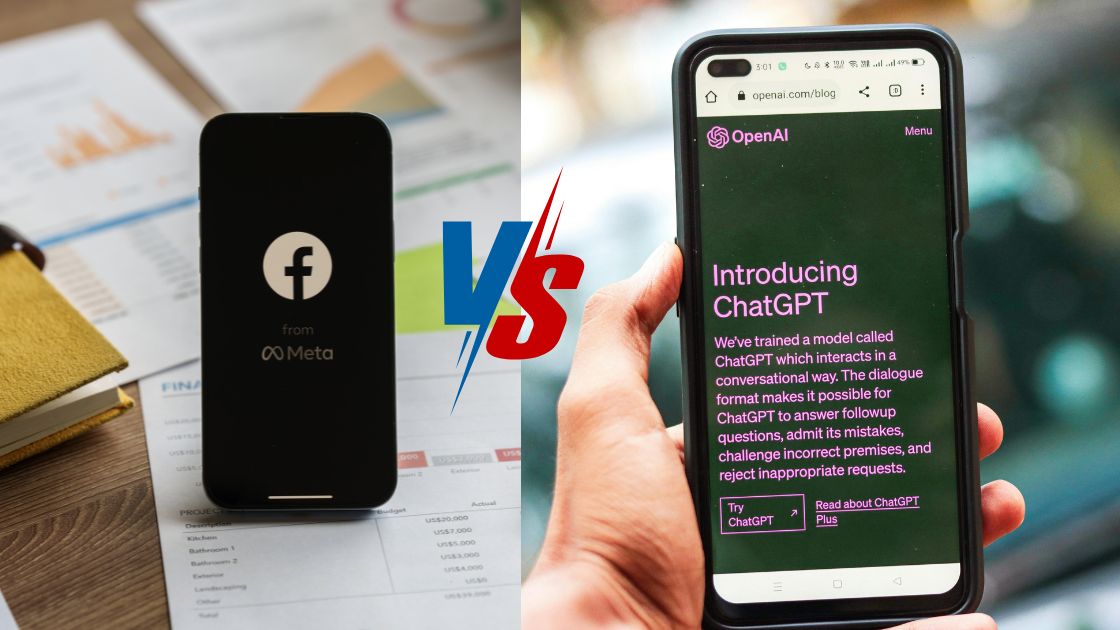Google Gemini has long hinted at the capabilities of its most advanced AI model, Gemini 2.5 Pro. Now, a third-party project has proven those hints true: Gemini 2.5 Pro has successfully played—and beaten—the classic 1996 Game Boy game Pokémon Blue . This achievement marks a milestone in AI development. It showcases how advanced language models can tackle complex tasks once thought impossible for machines.
The victory isn’t just a technical feat; it’s a sign of growing competition in the world of AI. While Google Gemini focused on Pokémon Blue , Anthropic’s Claude AI team has been working on Pokémon Red . Both games were released simultaneously in 1996, making them nearly identical in structure but distinct in mechanics. The parallel efforts show the race among AI developers to push boundaries. It is much like the “very best” in the Pokémon universe.
The Challenge of Playing Pokémon Blue
Pokémon Blue is more than a nostalgic relic—it’s a test of strategic thinking. Players start by choosing a starter Pokémon (Bulbasaur, Charmander, or Squirtle), then battle through eight gyms to earn badges. Each gym leader specializes in a specific type of Pokémon, forcing players to adapt tactics. Defeating trainers, catching wild Pokémon, and managing resources are all part of the game’s complexity.
For AI like Gemini 2.5 Pro, this means solving multiple layers of problems:
- Decision-Making: Choosing the right moves, items, and Pokémon for each battle.
- Strategy: Planning routes to grind experience or avoid overpowered enemies.
- Adaptability: Adjusting to unpredictable scenarios, like random wild Pokémon encounters.
Unlike modern games with clear win conditions, Pokémon Blue requires patience and trial-and-error. The AI had to balance exploration, combat, and resource management—a feat made harder by the game’s lack of explicit guidance.
Why Pokémon Games Matter for AI
The choice of Pokémon Blue and Red as benchmarks isn’t random. These games are iconic, yet deceptively complex. They require a blend of logic, creativity, and persistence—skills AI researchers want to replicate in real-world applications.
Anthropic’s work on Pokémon Red highlights this trend. Developers aim to improve the model’s ability by training Claude to play the game. They focus on following multi-step instructions and handling ambiguity. Meanwhile, Google’s success with Pokémon Blue demonstrates how Gemini 2.5 Pro can execute long-term goals. This is a critical step toward AI capable of tackling real-world challenges like logistics, healthcare, or scientific research.
The Role of Human Assistance
While the victory is impressive, it wasn’t entirely solo. The third-party project that trained Gemini 2.5 Pro provided initial guidance, such as outlining the game’s rules and objectives. This “hand-holding” underscores a reality: even advanced AI still needs human input to achieve breakthroughs. However, the fact that Gemini could complete the game independently after this setup shows remarkable progress.
Google CEO Sundar Pichai celebrated the achievement, writing on X: “What a finish! Gemini 2.5 Pro just completed Pokémon Blue !” His enthusiasm reflects the broader significance of the milestone.
What This Means for the Future
The success of Gemini 2.5 Pro in Pokémon Blue isn’t just a gaming win—it’s a glimpse into the future of AI. The ability to solve complex, open-ended problems could revolutionize industries. Imagine AI that can draft legal documents, design engineering solutions, or even write code. It would do this by breaking tasks into smaller, manageable steps. This process is much like completing a Pokémon gym challenge.
Moreover, the competition between Google and Anthropic mirrors the broader AI landscape. As companies race to build smarter models, games like Pokémon Blue and Red serve as proving grounds. They test not just technical prowess. They also assess creativity, resilience, and the ability to learn from failure. These qualities are essential for AI to thrive in the real world.
Final Thoughts
Google Gemini plays Pokémon Blue and wins. That’s no small feat. The journey from choosing a starter Pokémon to defeating the final gym leader required strategic thinking. It also demanded adaptability and persistence. AI is only beginning to master these traits. While human assistance played a role, the achievement proves that models like Gemini 2.5 Pro are on the right path.
As AI continues to evolve, the lessons learned from games like Pokémon Blue will shape its future. Whether it’s battling gym leaders or tackling real-world problems, the goal remains the same. We aim to create systems that can think, learn, and grow. History shows that the next breakthrough might come from the most unexpected places. It’s just like a Bulbasaur evolving into a Venusaur.



